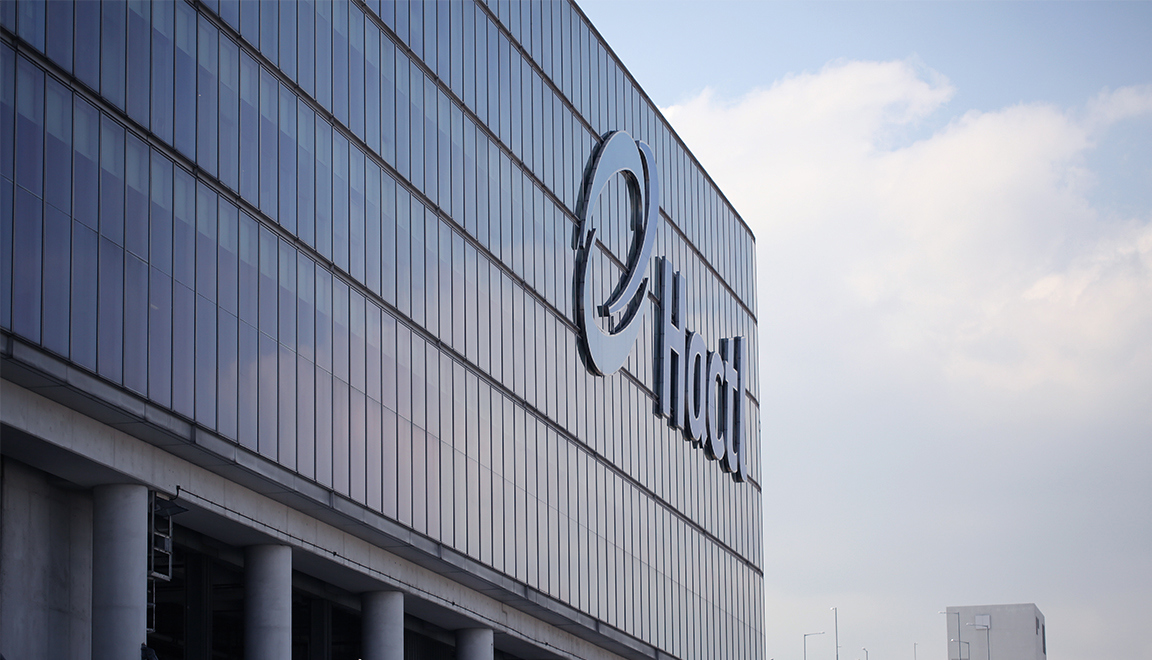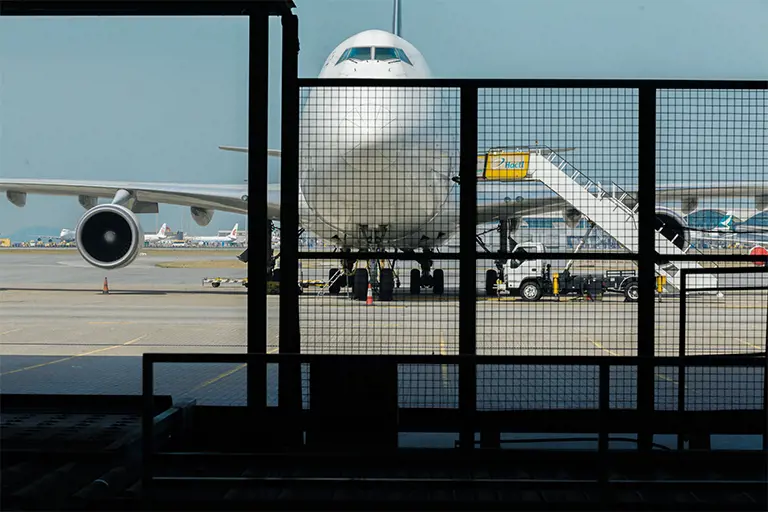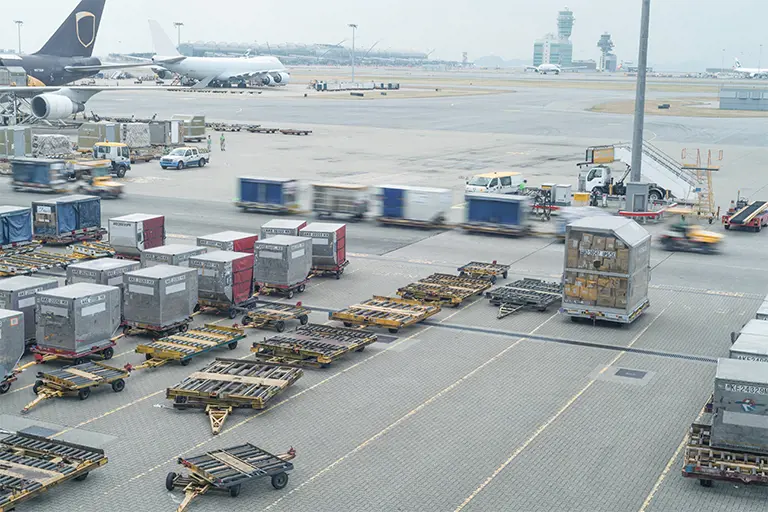One obvious measure is to reduce traditional reliance on high-cost integrators for long-haul transport, ship in greater bulk, and move fulfilment nearer to market. The big logistics players are already active, increasing their presence in China to meet their multi-national big brand customers’ demands at origin. More Regional Distribution Centres (RDCs) will open in China, so that integrators’ roles are likely to shift to order fulfillment near to final destination, cooperating with local providers to effect deliveries to customers.
Surveys of online retailers reveal that logistics actually derives a larger share of the finished price than manufacturing! But, if the airfreight industry is to grab this new business potential, the seller and buyer will expect us to work for it. The integrators set the bar high, with guaranteed delivery times and total visibility over the location of goods; to compete, we must collaborate to create a ‘product’ that combines speed, economy and visibility.
This means more sophisticated, joined up information and management systems to eliminate delays through data replication errors and manual processing, and provide greater visibility for the end customer. There are physical measures that can also be taken. For example, truck waiting times have been reduced at Hactl and the collection of imports has been streamlined. Hactl’s express zone is designated for collaboration with its carrier customers who want to offer express products.
Hactl’s value-added logistics arm, Hacis, recently launched its latest SuperLink China Direct depot, in Nansha – specifically targeting cross-border e-commerce. Nansha is in a new Free Trade Zone, adjacent to the port, and on a growing fast road network. Hacis’ facility sits within a designated e-commerce zone, which will house future e-commerce fulfilment centres. It is integrated with Hacis’ sophisticated warehouse management, road management and Customs systems, which is fully-bonded with full-time Customs presence on site.
The fleet - certified by both Customs in Hong Kong and China - is equipped with approved Customs electronic locks which eliminate inspection at the border, shortening overall transit time. And commodities such as infant formula and “strategic” products are granted licensing exemption.









